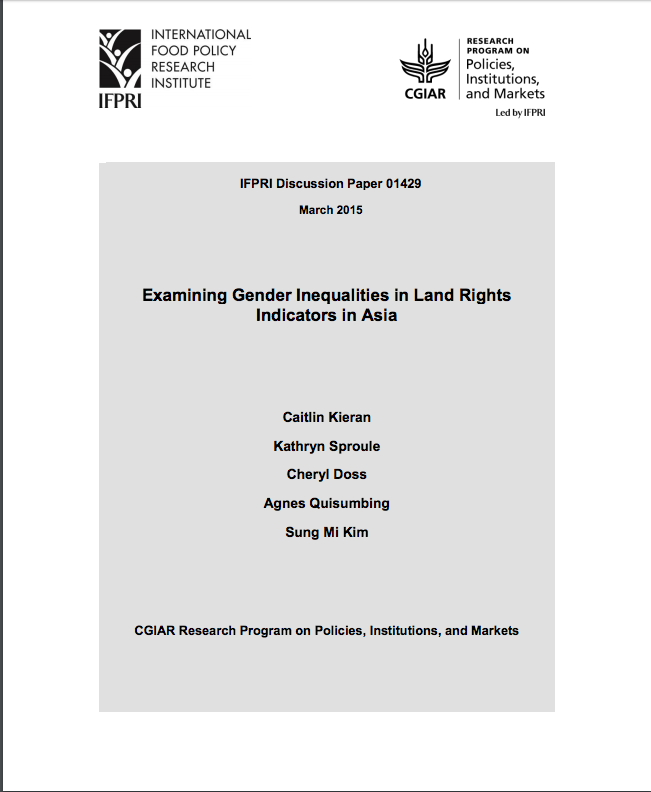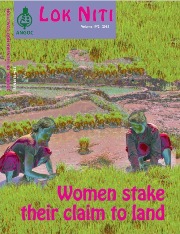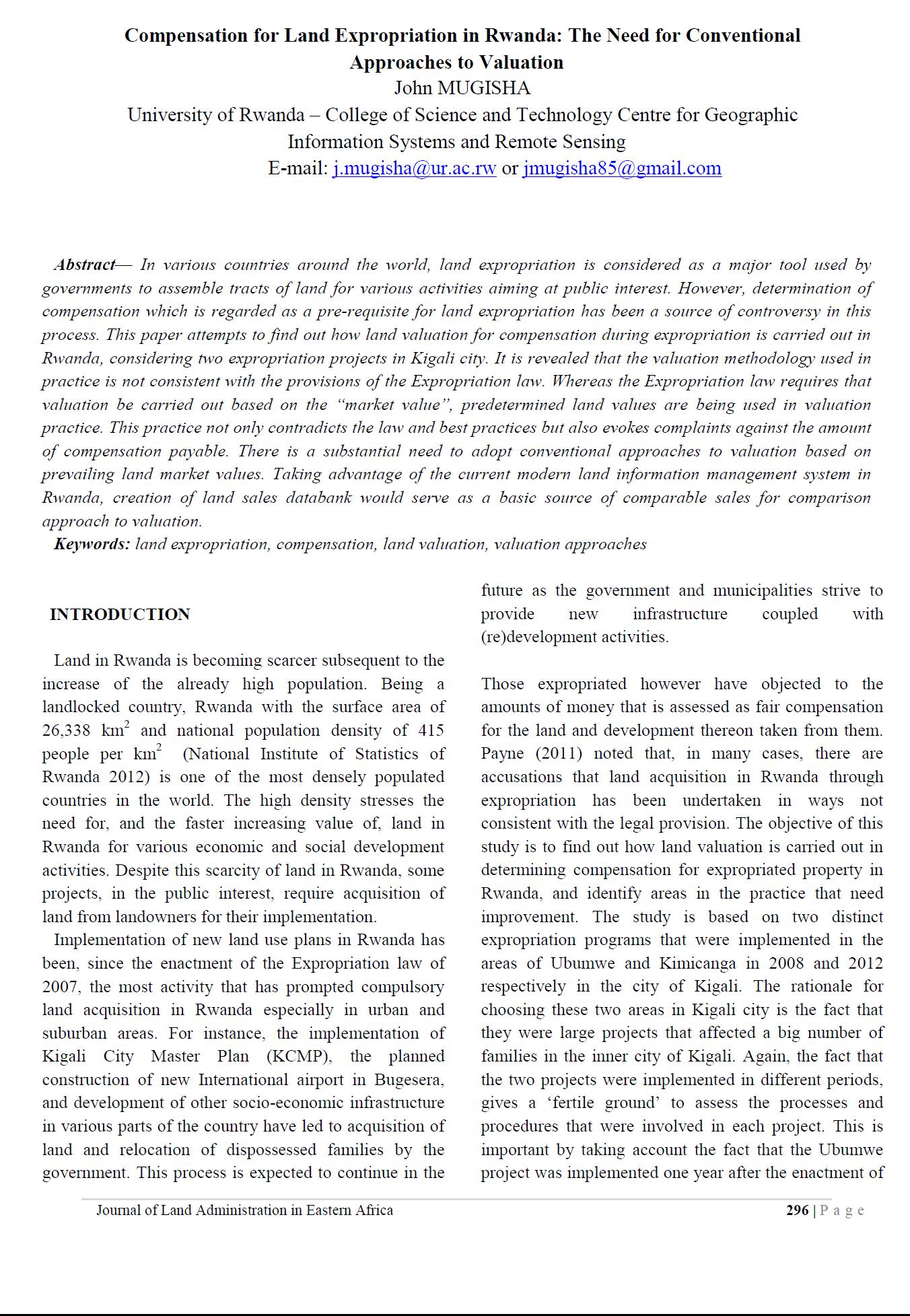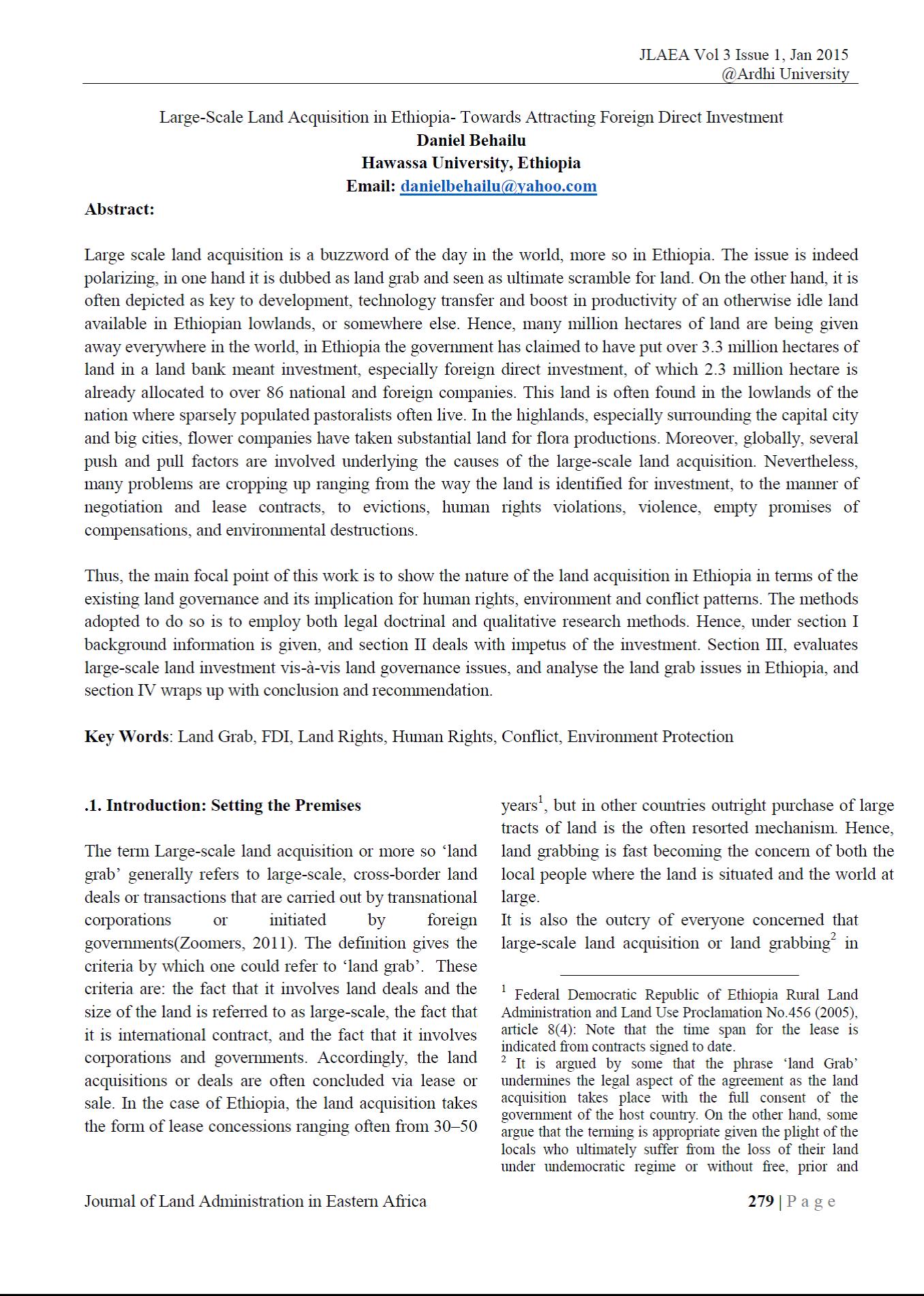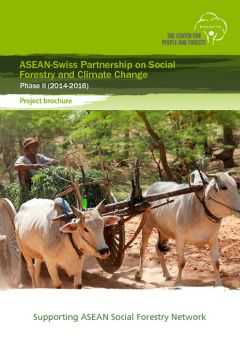Secure and equitable land rights in the Post-2015 Agenda – A key issue in the future we want
As organizations working on food security, natural resources management and poverty eradication, we strongly encourage governments to keep the profile of land and natural resources high in the post-2015 Sustainable Development Agenda document to be endorsed in September 2015. Secure and equitable land rights are an essential element of an Agenda that has the ambition to be people-centred and planet-sensitive.



